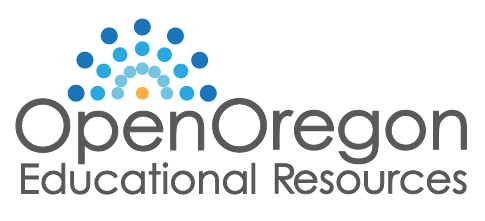
In this 90-minute session, Mays Imad will draw on the neurobiology of learning to examine the intimate relationship between equity, radical hospitality, and trauma-informed education.
In The Book of Joy, the Dalai Lama, in conversation with Archbishop Desmond Tutu, invites us to develop our “Mental Immunity,” the skills we need, individually and collectively, to help ourselves and our communities guard against chronic stress so we may continue to learn and thrive. A key to developing such pivotal skills is understanding how our brains perceive and react to stressors and what enables us to self- and co-regulate.
Our understanding of the human brain—its development evolution—has inspired cognitive psychologists and behavioral neuroscientists to describe the brain as a social organ. Indeed, our reliance on social connection with others is a matter of survival, not preference. Meaningful social connections inform our sense of safety and serve as the underlying basis for our thoughts, behaviors, and feelings. In order to cultivate learning spaces where such connections are possible, we must intentionally and explicitly design our learning communities and experiences to reflect and promote such vision.
In this session, we will examine polyvagal theory, which describes the nervous system as having a hierarchical organization. At the top of that hierarchy is our social engagement system, which helps us connect and navigate relationships. In addition, we will consider the science of biological and behavioral resilience and the three factors that give rise to resilience: plasticity, sociality, and meaning. We will examine practical implications for how we can empower ourselves and our students to “befriend” our social engagement nervous system so we can continue to engage, learn, and thrive. Throughout, we will underscore the reality that “befriending” and regulating the nervous system, and by extension wellbeing, is not merely an individual responsibility but a societal one as well. Our intrinsic interconnectedness and interdependence equip us with the power to witness, uplift, and elevate the humanity of others and in doing so, we can begin to heal ourselves and others.
By the end of this session, participants will:
Suggested Reading:
Open Oregon Educational Resources
OEGlobal member
United States, Portland, OR
Contributed by: Amy Hofer
Language: English